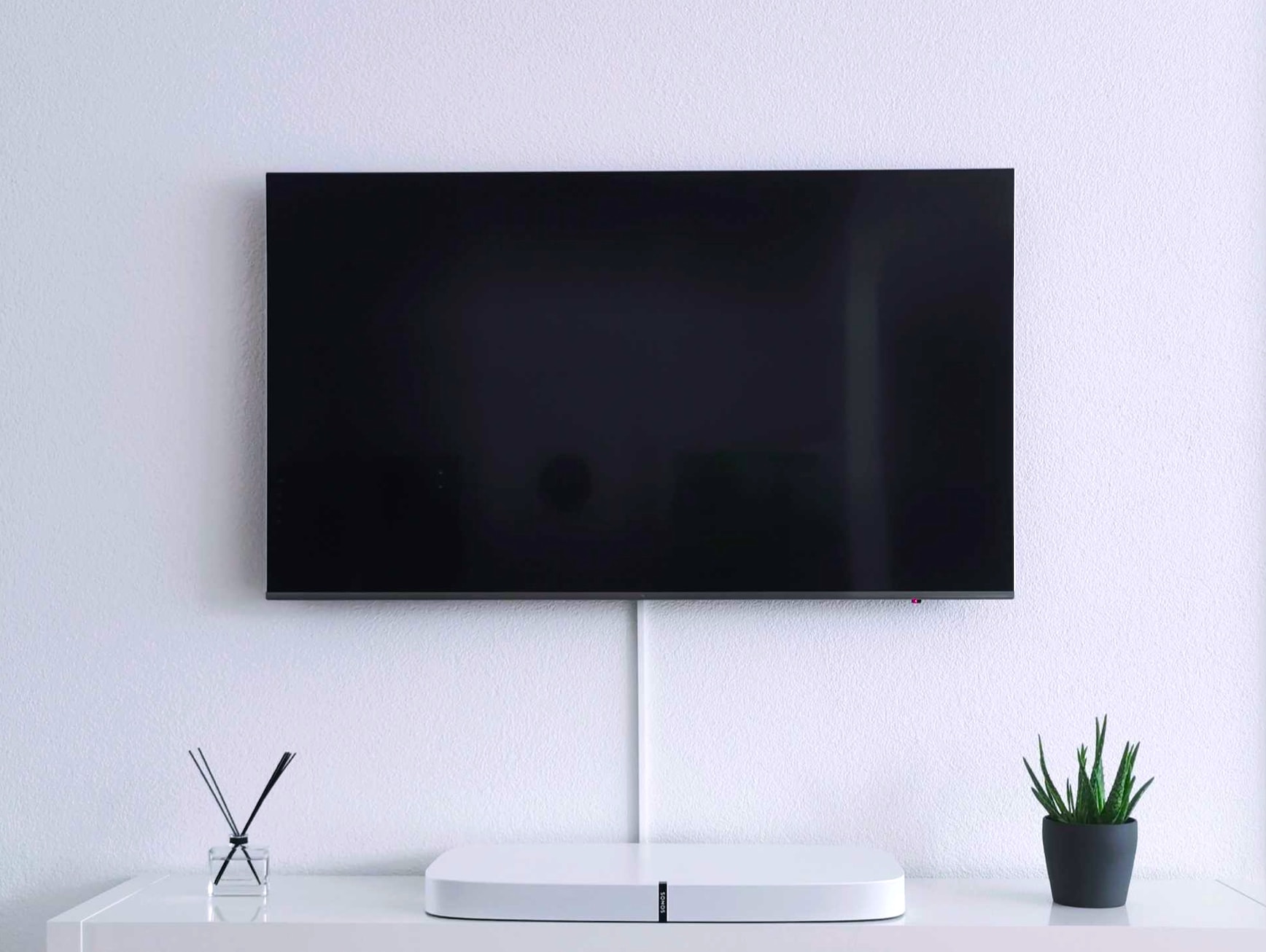
When you go to a store to buy a TV you are thrown with multiple keywords like LED, OLED, QLED, Nano-cell etc. Now if you are looking to buy a rather expensive TV set, you will find yourself choosing between OLED (Organic Light-Emitting Diode) or QLED (Quantum Dot Light-Emitting Diode) TVs.
These displays offer stunning visuals, vibrant colors, and impressive contrasts, but they achieve these through distinct mechanisms. In this article, we'll explain the intricacies of OLED and QLED technologies, helping you make an informed decision about which TV suits you best.
OLED TVs
OLED technology is renowned for its unique approach to display design. Unlike traditional LED-LCD displays, OLED TVs utilize self-emissive pixels. Each pixel in an OLED panel generates its own light, enabling them to turn on or off individually. This translates to absolute black levels, as pixels can be completely deactivated to achieve pure darkness. This means OLED TVs deliver unparalleled contrast ratios and impressive color accuracy.
This technology helps in design too. TVs can be manufactured in ultra-slim profiles, and even curved displays become possible. The lack of a backlight layer(which is required in LEDs) contributes to these slim forms.
QLED TVs
On the other hand, QLED TVs employ a different technology to achieve their visuals. Quantum dots, tiny nanometer-sized semiconductor particles, are integrated into the LCD panel of QLED displays. These quantum dots can be precisely tuned to emit specific colors when exposed to light.
QLED TVs still use a backlight system(unlike OLEDs), but with a notable improvement called local dimming. This allows certain areas of the screen to be dimmed or brightened independently, enhancing contrast and reducing blooming effects often observed in traditional LED-LCD TVs.
QLED TVs have exceptional brightness levels(compared to LEDs), making them an excellent choice for well-lit rooms or spaces with natural light. The color range is impressively wide, helping ensure bright and true-to-life visuals.
Choosing the Right TV: Tailoring to Your Preferences
Deciding between OLED and QLED largely depends on your viewing preferences and the environment in which the TV will be placed.
Black Levels and Contrast: If you prioritize deep black levels and high contrast for an immersive cinematic experience, OLED might be your best choice.
Price: Most of the time QLED tvs from brands like Sony, LG, Samsung, Vizio etc will be priced lower than the OLED panels.
Brightness and Well-Lit Rooms: For rooms with abundant light, QLED's superior brightness and local dimming capabilities can help maintain picture quality even in bright conditions.
Aesthetics and Design: If you're keen on a slim and elegant design, OLED's self-emissive technology allows for thinner profiles and even curved screens.
Color Accuracy and Range: Both technologies offer impressive color reproduction, but QLED's use of quantum dots provides a slightly wider color gamut.
In conclusion, the OLED vs. QLED debate boils down to your personal tastes. Whether you're captivated by OLED's deep blacks or enticed by QLED's vivid brightness, rest assured that either choice will elevate your television experience to new heights of visual splendor.
